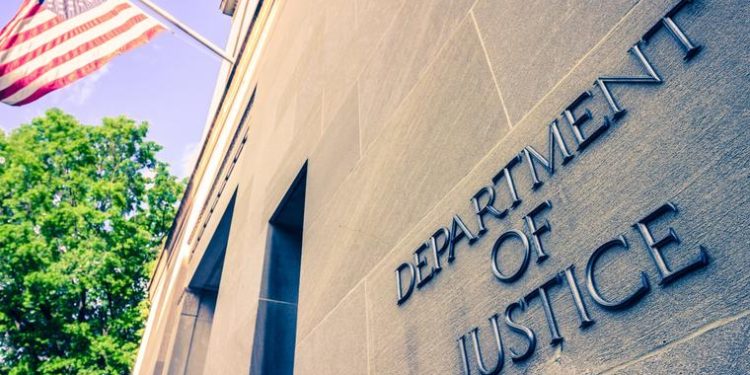In separate court filings on Friday, both Trump and the Biden Department of Justice urged the Supreme Court to reject Michael Cohen’s claim that he was wrongfully detained for being critical of Trump, and thus entitled to compensation.
This unusual agreement between the two sides follows Cohen’s attempt earlier this year to sue Trump and the DOJ for damages. The lawsuit dates back to Cohen’s time serving a three-year prison sentence for campaign finance violations, tax evasion, and making false statements.
In 2020, after about a year in prison, Cohen became eligible for home confinement due to COVID-19 policies. However, Cohen claims that the Trump DOJ imposed unusual speech restrictions as part of his release terms. At the time, Cohen, who had become a vocal critic of Trump, was preparing to publish his book Disloyal: The True Story of Michael Cohen, Former Personal Attorney to President Donald J. Trump.
Cohen resisted the speech restrictions, which would have delayed the release of his book, and as a result, the Bureau of Prisons placed him in solitary confinement after he had already been on home confinement for several weeks. Cohen remained in solitary for about two weeks in July 2020 until a judge granted an emergency application for his release. The judge agreed that Trump had retaliated against Cohen, but lower courts consistently refused to award damages.
Cohen’s attorney described the experience as traumatic, stating in the petition to the Supreme Court that Cohen “spent roughly twenty-three-and-a-half hours a day alone in a cell with poor ventilation, no air conditioning, and a broken window.” The attorney further noted, “Cohen’s health suffered, with his blood pressure becoming dangerously high, resulting in severe headaches, shortness of breath, and anxiety. While in solitary confinement, Cohen was unable to complete his book or make any public statements.”
Trump’s attorney, Alina Habba, responded on his behalf, while Solicitor General Elizabeth Prelogar, appointed by Biden, responded on behalf of the Trump-era DOJ. Habba’s arguments were broader, citing the Supreme Court’s recent ruling on presidential immunity.
“Permitting a [damages claim] to proceed against the head of the Executive Branch, for acts allegedly performed within his official capacity as President, would undoubtedly raise grave separation-of-powers concerns,” Habba wrote, referencing the immunity ruling.
Prelogar argued that Cohen was basing his claim for damages on the wrong constitutional amendment.
“This case would also be a poor vehicle for considering petitioner’s arguments because his allegations of retaliation for speech fit more naturally under the First rather than the Fourth Amendment, and the Court has already declined to extend [damages eligibility] to First Amendment retaliation claims,” Prelogar wrote. “The petition for a writ of certiorari should be denied.”
Cohen’s attorney argued that the case had significant implications for presidential power, writing, “As it stands, this case represents the principle that presidents and their subordinates can lock away critics of the executive without consequence.”
 Telegram is where we really talk. Don't miss out!
Telegram is where we really talk. Don't miss out!







